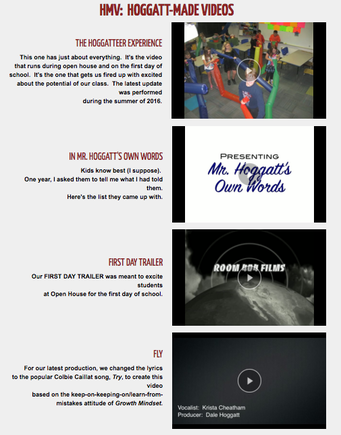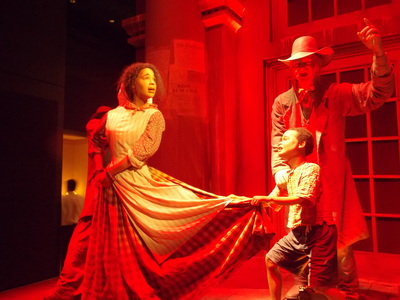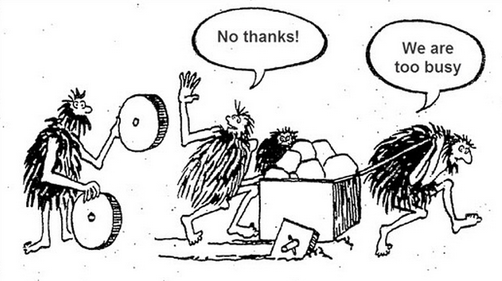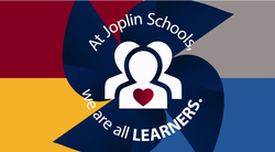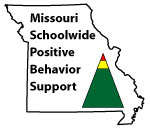 Traffic easily becomes congested if we all take the same road, but it's important to note that this metaphor does not apply to every situation.
Traffic easily becomes congested if we all take the same road, but it's important to note that this metaphor does not apply to every situation. But why? That doesn't sound like a celebration of diversity at all.
They say this because they believe something will magical will happen if we all teach the same thing at the same time in the same way. But in doing so they ignore the obvious:
- Kids are different, and combinations of kids are also different. What works with the group dynamic in one location will elicit a totally different response with a different group.
- Teachers are different. We have different skills and personalities, and students react to us in different manners. No one teaches like I do, and I don't teach well with certain methods.
- Kids' needs are different. A teacher may find that his/her students need more instruction in good manners before moving into academic topics. One teacher may discover the students are fluent readers while another finds that more time needs to be invested to foster greater fluency.
- Schedules are different. Some classes find two-hour blocks of time embedded into their schedule and others do not. The duration of a solid block of time (in contrast to frequent shorter time blocks can greatly effect how things are taught.
Face facts: I don't care to be on the same page as you are just for the sake of some kind of invisible club you believe exists. We can teach the same standards in different ways at different times, and believe it or not, the universe will not fold in on itself. In fact, I believe we are stronger when we encourage our differences.
At our school, we have four fourth grade teachers. We are as different as the four points of the compass, and yet we get along quite cooperatively and affably. We are stronger because we disagree. We challenge each other. We recognize that we become stronger when we face resistance. People see how different we are, and they can recognize our unique dynamic.
We are also able to handle student issues in different ways. Where one of us might have a weakness, another can step in and help. When one has run out of ideas, another steps up with suggestions.
And we don't even try to be copies of one another. Instead, we put our individual strengths together for the good of the group. I'd much rather do this than be on the same page. It allows me to retain my identity and belief system with less compromise.
I know who I am. I know my weaknesses. Certainly I can work to improve those weaknesses. But at the same time, I can enhance my strengths. Forcing my square peg into a round hole would only weigh me down with frustration. I need to own what I'm doing in the classroom. I need to make things my own. I can't take things verbatim; instead I need to rewrite, rewire, and redevelop things in my own way. Other teachers can re-, re-, re- in their own ways, as well. And we'll all be stronger for it.
Because we're all different people, doing different things in different ways at different times. And that's OK as long as we're working diligently, respectfully, and professionally toward all the right goals and standards. Diversity in education is not only a good thing; it is essential for success.
